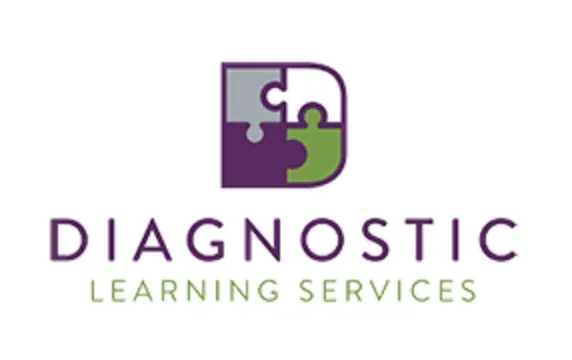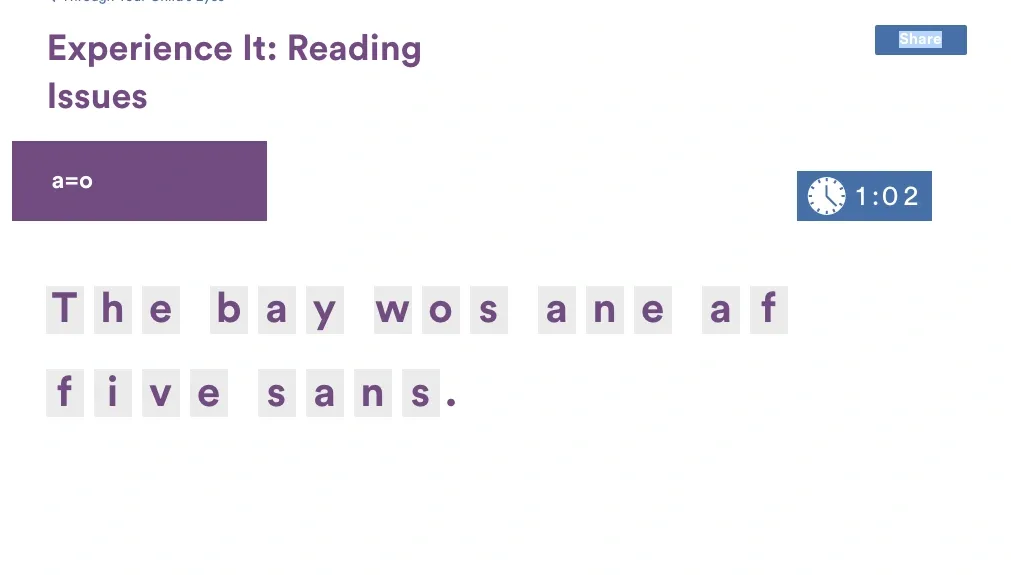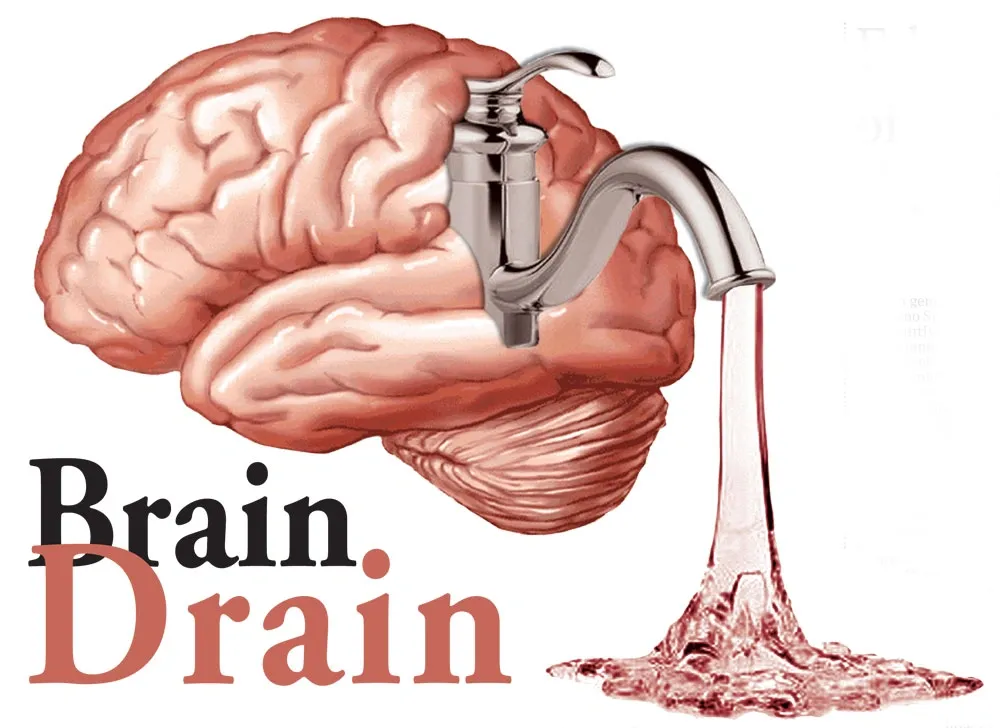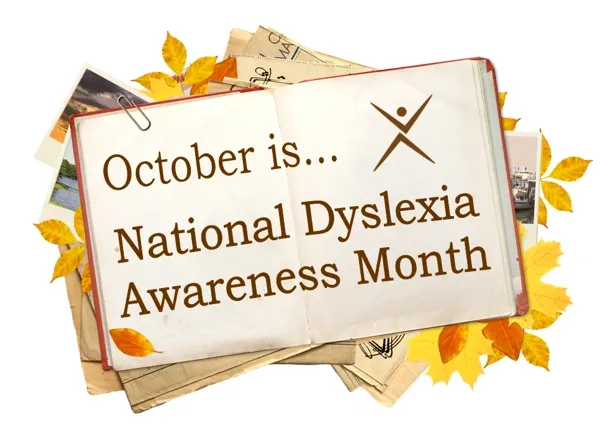Archive for June 2022
Read Aloud 15 Minutes 21 Day Challenge
Along with spring flowers and the hint of warmer weather on its way, March is also National Reading Awareness Month. The American Academy of Pediatrics is celebrating by creating a 21 Day Challenge: Read Aloud 15 Minutes – 21 Day Challenge Children of all ages enjoy listening to books, and even struggling readers can get…
Read MoreCommunity Partner Spotlight: eDiagnostic Learning
Q: Tell us a bit more about you. What is your background, what drew you to this field, what do you love about your job? A: Laurie Peterson is the Founder and Executive Director of Diagnostic Learning Services and eDiagnostic Learning. Laurie attended the University of Arkansas and received her Bachelor’s degree in Special Education…
Read MoreWhat is it Really Like to Have a Learning Difference?
Sometimes parents get frustrated with their child’s academic performance. Teachers and parents may feel that they remind the student over an over about a specific concept and they just “don’t get it”. This can lead to frustration with the student, parent, and the teacher. In order to bridge the gap of understanding between the child…
Read MoreDyslexia Therapy vs. Tutoring
What’s the Difference and Why Does it Matter? Dyslexia therapy vs. tutoring…Does it matter? The short answer – YES. Tutoring is typically based on an academic need and useful for students requiring a refresher of previously taught concepts, or just need a bit more time to sit with a newer concept to understand it fully.…
Read MoreAvoid the Summer Brain Drain
You may have heard the term,”use it or loose it.” This rings true for students with learning differences during their summer hiatus. Summer learning loss can set kids back 2-3 months! It is not a good idea to swap school skills for fun in the sun all together. To avoid the “brain drain”, you can…
Read MoreFostering a “Growth Mindset”
Carol Dweck, a Harvard-educated professor, coined the phrase “growth mindset” in her book Mindset: The New Psychology of Success. In essence, she developed the idea that intelligence is not fixed, but rather can be “developed.” Effort matters more than talent, and students who learned to “grow their brains” fared better in the long-run than students…
Read MoreOctober is Dyslexia Awareness Month
Now is a perfect time to educate yourself, children, school, and community about dyslexia. Here are some easy tips on how to raise awareness and share your understanding of dyslexia with others. 1. Don’t be afraid to ask, “What is dyslexia?” 2. Take this quick quiz from Learning Ally to see how your knowledge about…
Read MoreDo Vision Problems Cause Dyslexia?
One of the perennial questions we get asked: What causes dyslexia? Current research has shown definitively that dyslexia is neurobiological in origin as a difference in the way the reading systems in the brain are structured to handle a written language task. http://www.ldonline.org/article/14907/ Functional MRI’s show the difference in processing between an average reader and…
Read MoreUniversal K-2 Dyslexia Screening
Universal Kindergarten through Second Grade dyslexia screenings help to determine a student’s risk for reading difficulty, assist in planning appropriate intervention, and provide progress monitoring data. Research tells us that early identification of reading issues in students before age 8 is critical. It is imperative to “catch them before they fall.” (Torgesen, 1998) The International…
Read MoreSight Words: More Than Just Memorization
Did you know that our brains don’t store words visually, but rather as a series of sounds? Did you know that we teach ourselves most of the words in our sight word lexicon (our sight word lexicon includes any word you can read quickly and effortlessly)? It’s true! And it all has to do with…
Read More









